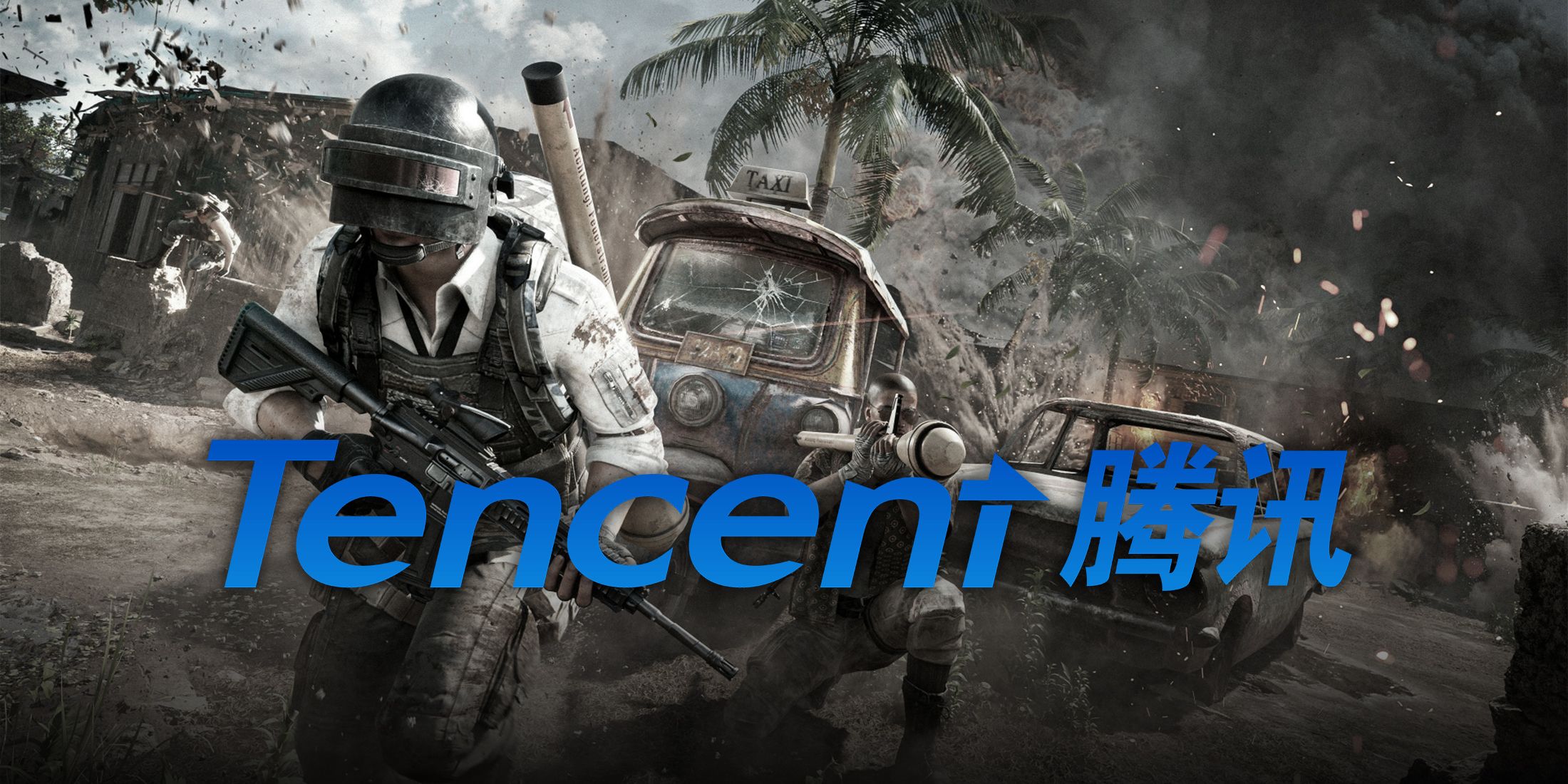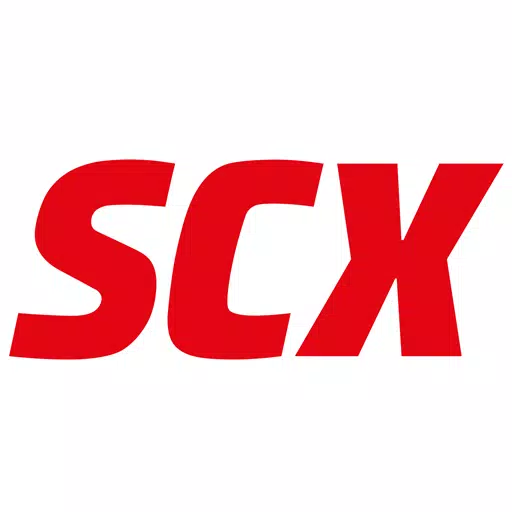
Pentagon List Includes Tencent, Causing Stock Dip; Company Disputes Designation
Tencent, a Chinese technology giant, has been added to the U.S. Department of Defense's (DOD) list of companies with ties to the Chinese military, specifically the People's Liberation Army (PLA). This inclusion stems from a 2020 executive order by former President Trump restricting U.S. investment in Chinese military entities. The order mandates divestment from listed companies and prohibits new investments.
The DOD's list identifies companies believed to contribute to the PLA's modernization through technology, expertise, or research. While initially comprising 31 companies, the list has expanded since its inception, leading to delistings from the New York Stock Exchange in the past.
Tencent's inclusion, announced on January 7th, prompted an immediate response. A Tencent spokesperson issued a statement to Bloomberg, asserting: "We are not a military company or supplier. Unlike sanctions or controls, this listing has no impact on our business. We will nonetheless work with the Department of Defense to address any misunderstanding."
This designation has resulted in a noticeable decline in Tencent's stock value. A 6% drop on January 6th, and subsequent downward trends, are attributed by analysts to its appearance on the DOD list. Given Tencent's global prominence – it's the world's largest video game company by investment and a major player overall – this listing carries significant financial implications for the company and the U.S. investment landscape.
Tencent's gaming division, Tencent Games, operates as a publisher and investor. Its portfolio includes substantial stakes in prominent studios such as Epic Games, Riot Games, Techland (Dying Light), Don't Nod (Life is Strange), Remedy Entertainment, and FromSoftware. Furthermore, Tencent Games has invested in numerous other developers and related businesses, including Discord. Its market capitalization dwarfs that of its closest competitor, Sony, by a factor of nearly four. Tencent is reportedly aiming to collaborate with the DOD to resolve the misunderstanding and potentially have its name removed from the list, mirroring successful efforts by other companies in the past.






























